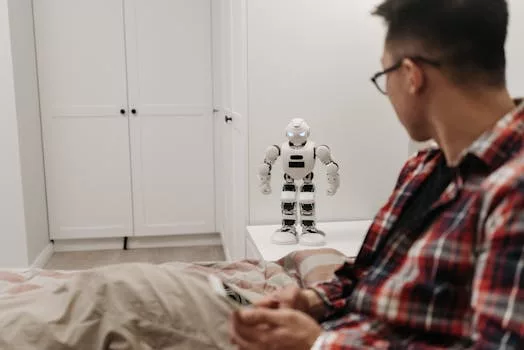
Smart Homes 2025: The Rise of AI-Driven Devices
Smart Homes 2025: The Rise of AI-Driven Devices is revolutionizing the way we live and interact with our living spaces. With the increasing adoption of artificial intelligence (AI) and Internet of Things (IoT) technology, smart homes are becoming more intelligent, efficient, and comfortable.
Introduction to Smart Homes
A smart home is a dwelling that incorporates advanced technology to provide occupants with a high level of convenience, security, and energy efficiency. Smart homes use a network of sensors, cameras, and other devices to collect data and automate various tasks, such as temperature control, lighting, and entertainment.
AI-Driven Devices in Smart Homes
AI-driven devices are transforming the smart home experience by providing personalized recommendations, anticipating user needs, and optimizing energy consumption. Some examples of AI-driven devices in smart homes include voice assistants like Amazon Alexa and Google Home, smart thermostats like Nest, and smart security cameras like Ring.
Benefits of Smart Homes
The benefits of smart homes are numerous, including increased convenience, energy efficiency, and security. Smart homes can also improve the quality of life for occupants, particularly the elderly and people with disabilities, by providing assistance with daily tasks and monitoring health and wellness.
Challenges and Limitations
While smart homes offer many benefits, there are also challenges and limitations to consider. One of the main concerns is the potential for data breaches and cyber attacks, which can compromise the security and privacy of occupants. Additionally, the high cost of smart home devices and installation can be a barrier to adoption for many consumers.
Conclusion
In conclusion, Smart Homes 2025: The Rise of AI-Driven Devices is a rapidly evolving field that is transforming the way we live and interact with our living spaces. With the increasing adoption of AI and IoT technology, smart homes are becoming more intelligent, efficient, and comfortable. While there are challenges and limitations to consider, the benefits of smart homes make them an exciting and promising development for the future of home automation.






